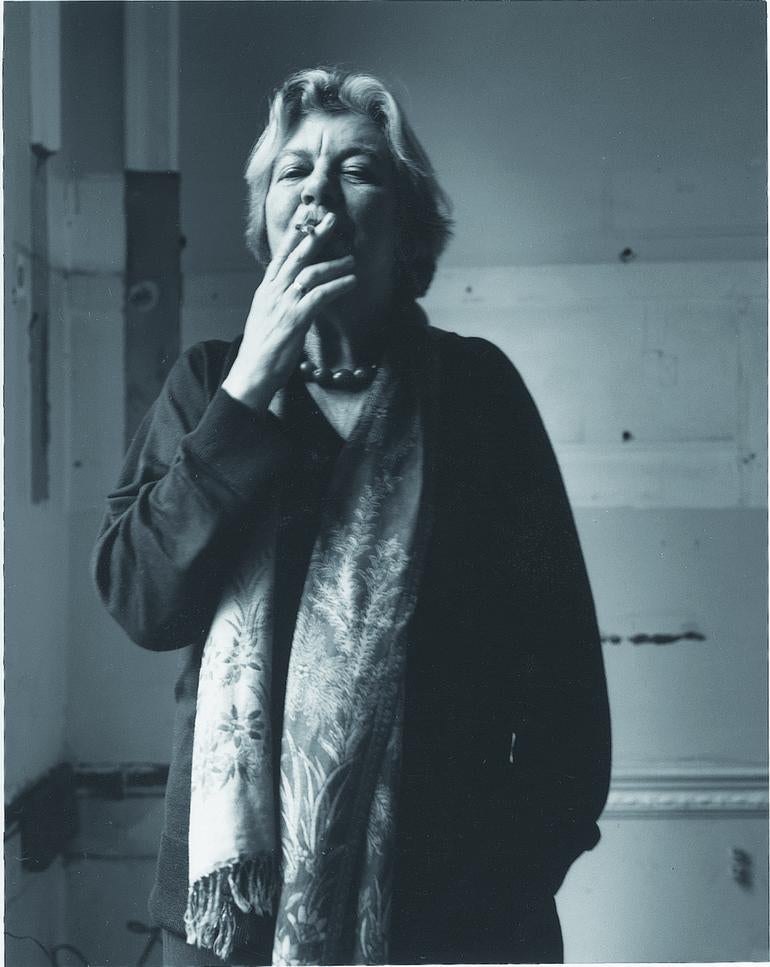
The Daily Telegraph has been refused permission to appeal against a judge’s decision to strike out its use of the fair comment defence in a libel over a book review written by Lynn Barber.
Telegraph Media Group was refused permission to appeal this week by Sir Richard Buxton after the newspaper publisher argued against Judge Sir Charles Grey original ruling, from November, to strike out its use of the fair comment defence over the review.
The newspaper now intends to make an oral application to the Court of Appeal to get the decision reversed.
The Telegraph is being sued by Dr Sarah Thornton over a review by journalist and author Lynn Barber of her book, Seven Days in the Art World, which appeared in the paper’s Saturday edition on 1 November last year.
Thornton’s claim for libel and malicious falsehood related to two paragraphs of the article.
She said the article suggests she dishonestly claimed to have carried out an hour-long interview with Barber as part of her research for the book when the true position was that she had not interviewed Barber at all, and had in fact been refused an interview.
In addition, she says the article claims she gave her interviewees the right to read what she proposed to say about them and alter it, a practice known in the world of journalism as “copy approval”, and finally that she had thereby shown herself to be “untrustworthy and fatally lacking in integrity and credibility as a researcher and writer.”
The newspaper has made an offer of amends in respect of one part of the claim, which Thornton rejected.
Thornton then applied to have the newspaper’s fair comment defence struck out on the grounds that the review contained statements of fact rather than comment, and that it contained factual mis-statements.
In his November ruling, Judge Grey found in favour of the Telegraph on the first point but on the second question he held that there was a mis-statement of fact in the review.
Although Barber had identified the book as the subject of the review, he ruled, she had not given enough information about the basis of her criticism of Thornton’s methodology.
Grey ruled: “It appears to me that, in order for the defence of fair comment to stand, it was incumbent on Ms Barber to indicate in her review for the benefit of readers, at least in general terms, how Dr Thornton claimed to deal with interview material incorporated in the book and why Ms Barber was sceptical about her claim.”
He added: “…In my judgment the passage from the Telegraph review selected for complaint by Dr Thornton does contain a clear and material mis-statement by Ms Barber. A finding to the contrary by a jury would in my view be perverse.
“For that reason I see no real prospect of the defence of fair comment succeeding. It must follow that the defence of fair comment be struck out.”
Solicitor-advocate David Price, representing the newspaper, argued in the appeal papers that the judge’s decision “conflates the fundamental distinction between a statement of fact and a statement of comment” and violates the principle that a defendant does not have to prove the truth of a comment.
Email pged@pressgazette.co.uk to point out mistakes, provide story tips or send in a letter for publication on our "Letters Page" blog

